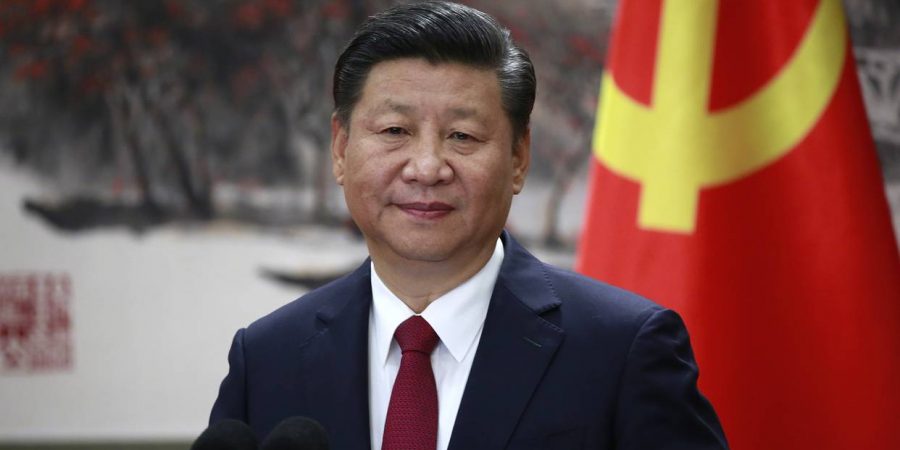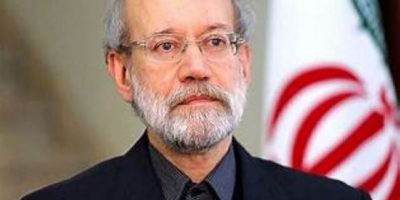As Protests Rock Hong Kong, Xi Jinping’s View of History Shows He Will Dig In

BEIJING, (DNA) — When protesters in Hong Kong became more forceful on Monday, the People’s Daily reprised a recent speech of China’s leader, Xi Jinping, calling on party cadres to carry forward the struggle of the Communist revolution fought 70 years ago.
“We must overcome all kinds of difficulties, risks and challenges,” he said.
It was the latest signal that Mr. Xi has no intention of bowing to the protesters’ demands for greater rights. On the contrary, the storming of Hong Kong’s legislature on Monday night seems to have given ammunition to hard-liners and prompted the sharpest denunciations in Beijing so far, suggesting the ruling Communist Party’s patience was wearing thin.
“I think they have realized it is time to take measures” to restore order, Song Xiaozhuang, a professor in the Center for Basic Laws of Hong Kong and Macau at Shenzhen University, said in a telephone interview, referring to the authorities in Beijing.
“This does not mean there is no patience, or that they want to get it done promptly, but it does mean that they cannot wait for long.”
Mr. Xi has not publicly addressed the political tumult in Hong Kong. Nor have officials disclosed any options they might be considering. But there is little doubt about Mr. Xi’s convictions, which are shaped by history and a deeply felt sense of the perils of popular uprisings.
“I have heard him talk at length, and passionately, about the challenges of governing China, and the need to maintain order in order to keep the country together,” said Ryan L. Hass, a fellow at the Brookings Institution who served as the director for China at the National Security Council during the Obama administration.
He noted that the mass protests that toppled authoritarian governments in North Africa and the Middle East in 2011 coincided with Mr. Xi’s ascent to the presidency and were “seared into his brain.”
Mr. Xi’s stance is not without risks, but he has governed with a millenarian sense of destiny, regularly exhorting the Communist Party to return to its original mission to transform a once-humiliated nation into the global power it is meant to be.
While the events in Hong Kong have generated considerable sympathy for the protesters, forcing the city’s leader to back down and suspend a deeply unpopular bill that would allow extradition to China, Mr. Xi still has most of the advantages of power on his side.
Those include time and influence. The central government can still mobilize a vast network of supporters in Hong Kong, including civil servants and business people beholden to the central government, economically or politically.
In a last resort, there is also the Chinese military. Few analysts expect that Mr. Xi intends to use force, but few doubt that he would if security significantly deteriorated in the city.
Related News

Iranian Defense Council warns of “Decisive Response” to any aggression
TEHRAN, JAN 6 /DNA/ – The Secretariat of Iran’s Supreme National Defense Council has issuedRead More

Global Sikh voices silenced: India accused of transnational repression
DNA The Baku Initiative Group (BIG) has accused successive Indian governments of orchestrating or enablingRead More


















Comments are Closed